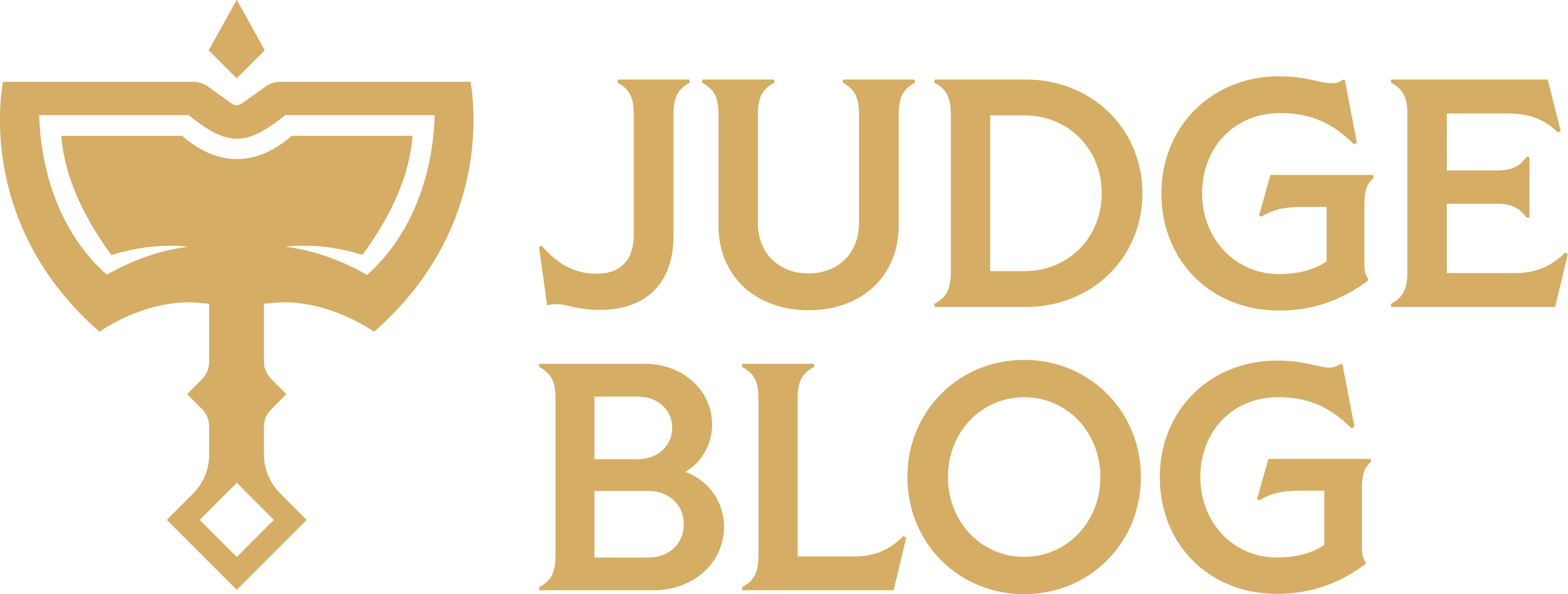
Judging Through Language Barriers
Flesh and Blood is a game that transcends language and culture barriers.
It is played all around the world, even where English is barely spoken! While exciting, this presents a different kind of challenge to judges. From the Pro Tour to a local game store’s Armory with visiting foreign players: it is possible to be in a scenario where both players and the judge at the table might not share a common language!
Hi, I am QJ Wong (L2) from Malaysia, and I’ve been judging FAB since 2021. I’ve also had a decade’s experience judging at TCG events all around the world. I want to share with you my experience judging through language barriers. I hope that this could be useful for you, not just between players, but also between fellow staff members as well!
Imagine you are finally staffed for a Pro Tour! It’s long been a dream to be part of the highest level of play in Flesh and Blood. Round 1 has started, and you feel confident and great. A hand rose up and a player called for a judge – that’s your call to action!
“Hello there! How can I help you?
A player who seems somewhat exasperated looks at you, sighs, and says:
“Yeah, judge, can you help us? I can’t understand them.”
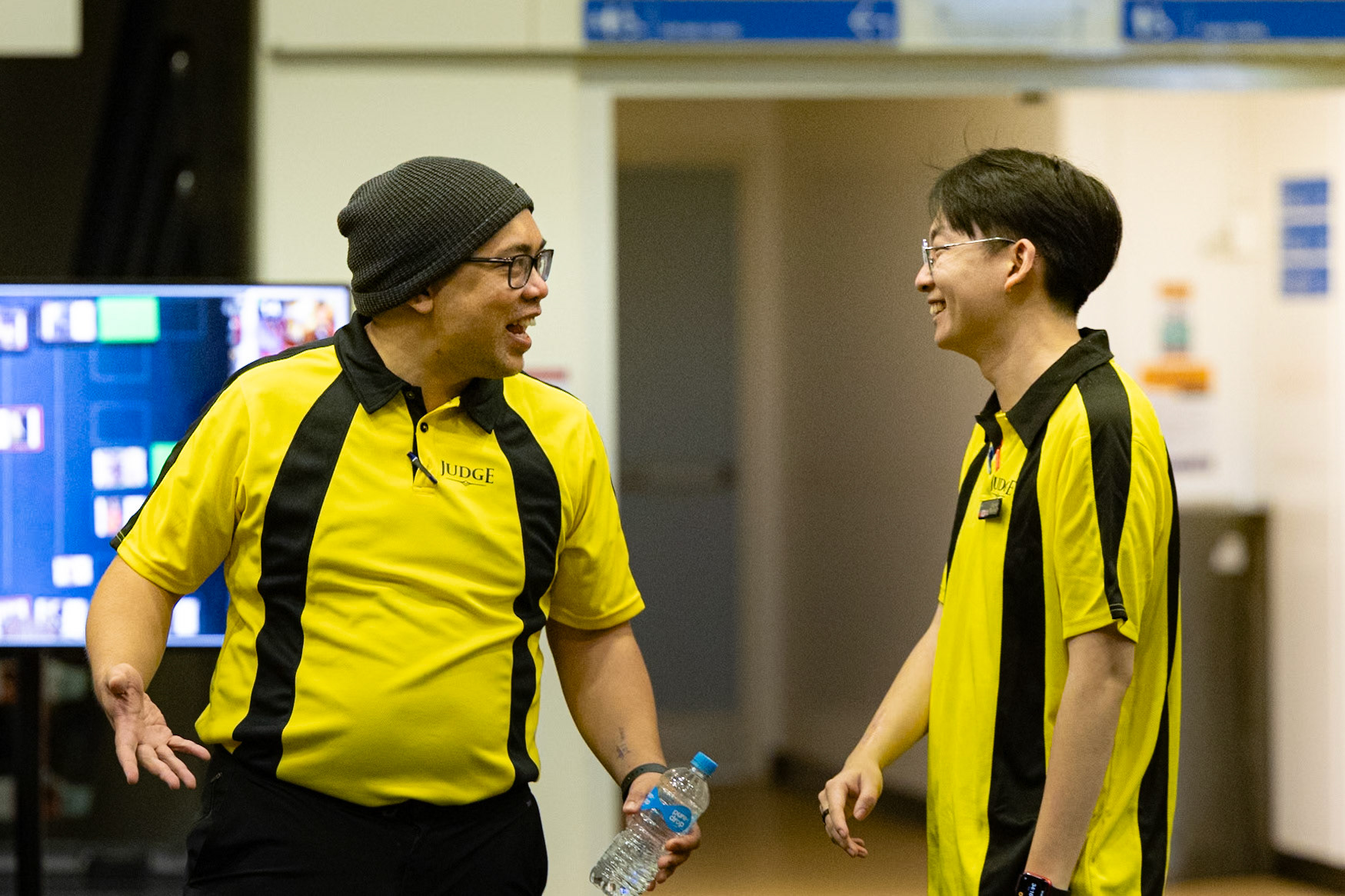
Establishing connection
- You’ll help others reduce their workload.
- It’ll be a valuable learning and experience gaining opportunity.
- Players can receive assistance quicker.
If you encounter some hesitancy, encourage them with a “Let’s try simple English!” slowly and clearly.
Now let’s dive into specifics!
Communicating through barriers
Having good communication skills has always been vital in handling interactions with players. When dealing with language barriers, it is even more important that you pay attention to the way you communicate.

Understanding others
- Make them feel comfortable
Avoid crossing your arms, or have your hands in your pocket or anything else that might make you feel unapproachable.
- Clueing yourself in to the scenario
Take a quick look at the round clock, is it a pre-game question? How about the opponent? Are you dealing with a no-show situation?
Look at the players’ expressions and listen to the tone of their voice. Relaxed and calm could indicate less pressing matters. Frustration or anger could mean you should take extra precautions in your approach.
- Make them feel understood
Acknowledge and affirm by repeating what was said to you at various points of the conversation. Confirming what has been said goes towards making them feel more understood and comfortable.
Hopefully, this also provides confidence and motivation for them to communicate with you. If the player was stuck halfway through their explanation, repeating what was being said could possibly nudge them along. Another benefit here is that they will have an opportunity to correct you if there was something that you misunderstood.
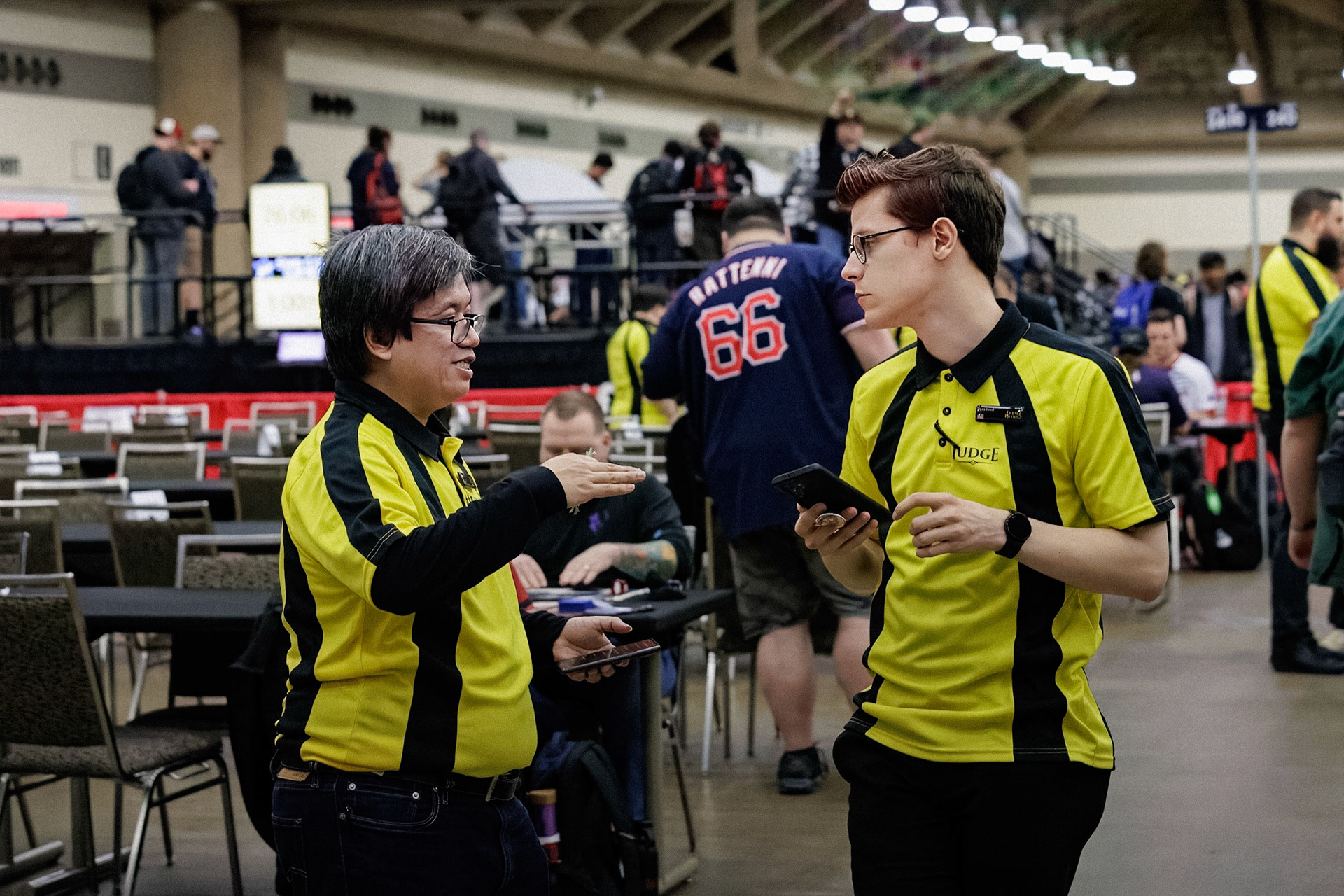
Being understood
- Verbal
- Non-verbal

When giving up is the right choice
Sometimes, players might flat out refuse to communicate with you. It could be a customer service issue that we will need to involve the tournament organiser anyways.
Be mindful of the time spent. Do you think it will take more time than you expect to figure out the call?
That said, don’t just walk away! Stick around if possible. Sometimes, the other judge might need information that they might not have at the beginning of the judge call.
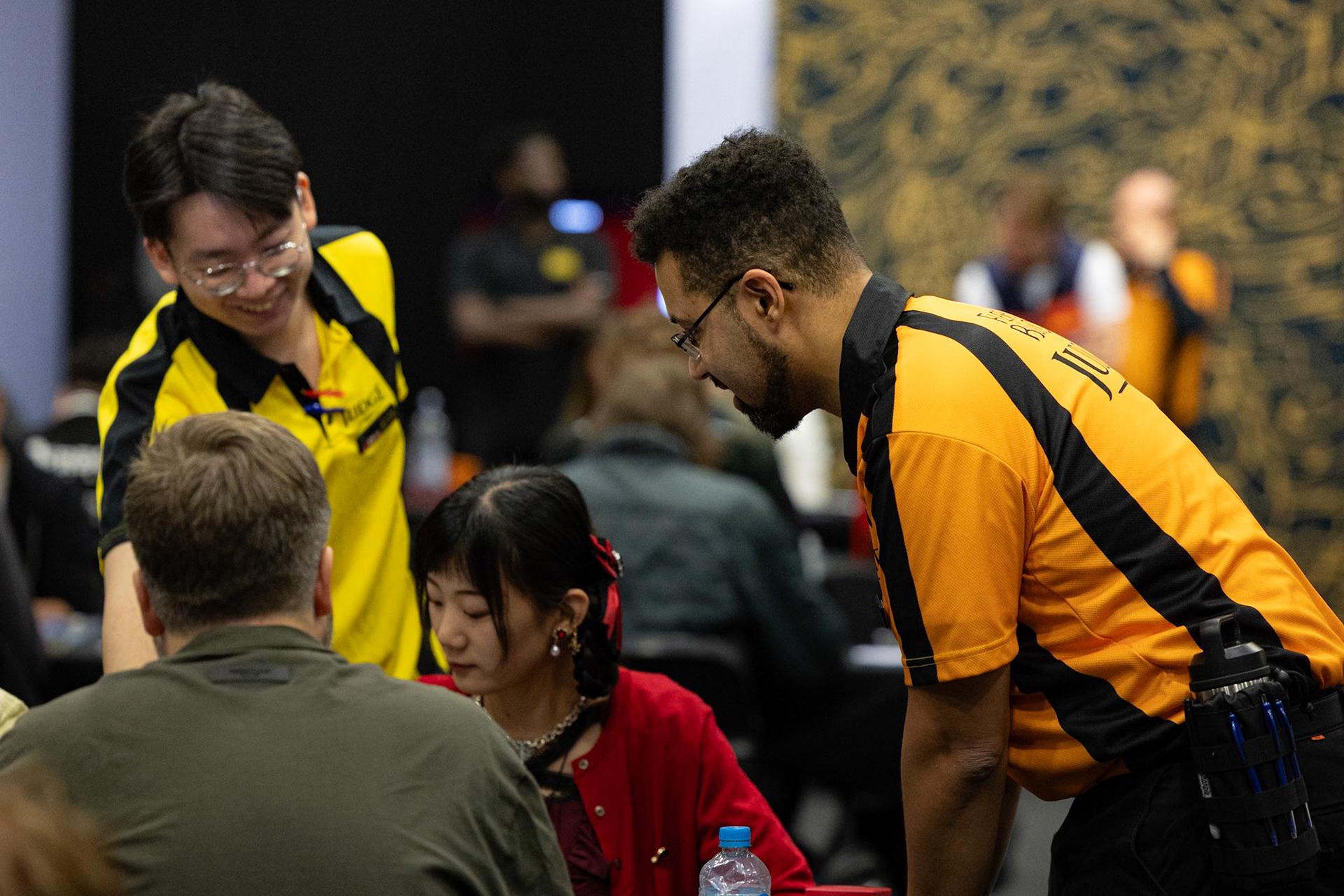
Involving a translator
I would like to encourage you to make the best out of every call you are involved in and turn them all into a learning experience. One way to do this is to maintain being involved in the call, with the help of a translator.
Be clear in the beginning that you would like to request them to be just a translator, and not take over the call.
“Can you translate for me please?”
This is especially important with judges who might not be used to being in a translator role.
Being a translator might not be something the other party is used to either. As such, this could be a valuable learning experience for both of you.
The translator could also work as a ‘shadow’ for you to sanity-check your ruling, or get feedback at the end of the call.
Another important reason is related to what I hinted at earlier: for some investigations, being the first judge on the call might be critical to the investigation. You might want to investigate more due to an instinctive reason, or you might notice things a second judge might not have if you had let someone else take over.
Wrapping up
I hope this article will be of use to you. This article focuses on communication basics, and far less about specific scenarios or possible situations when dealing with the language barrier. If you are interested to read about that, please leave a comment, or reach out to me.
Was there something else specifically you wished I’ve covered? Or if you have feedback, other suggestions, comments or even a story of your own, please share with us! You can comment in the forums, on this article, or if you prefer, reach out to me on Facebook, X or email me.
Until the next time, enjoy great games!
Photos in this article by John Brian McCarthy from Judgesatwork.com
Author
-
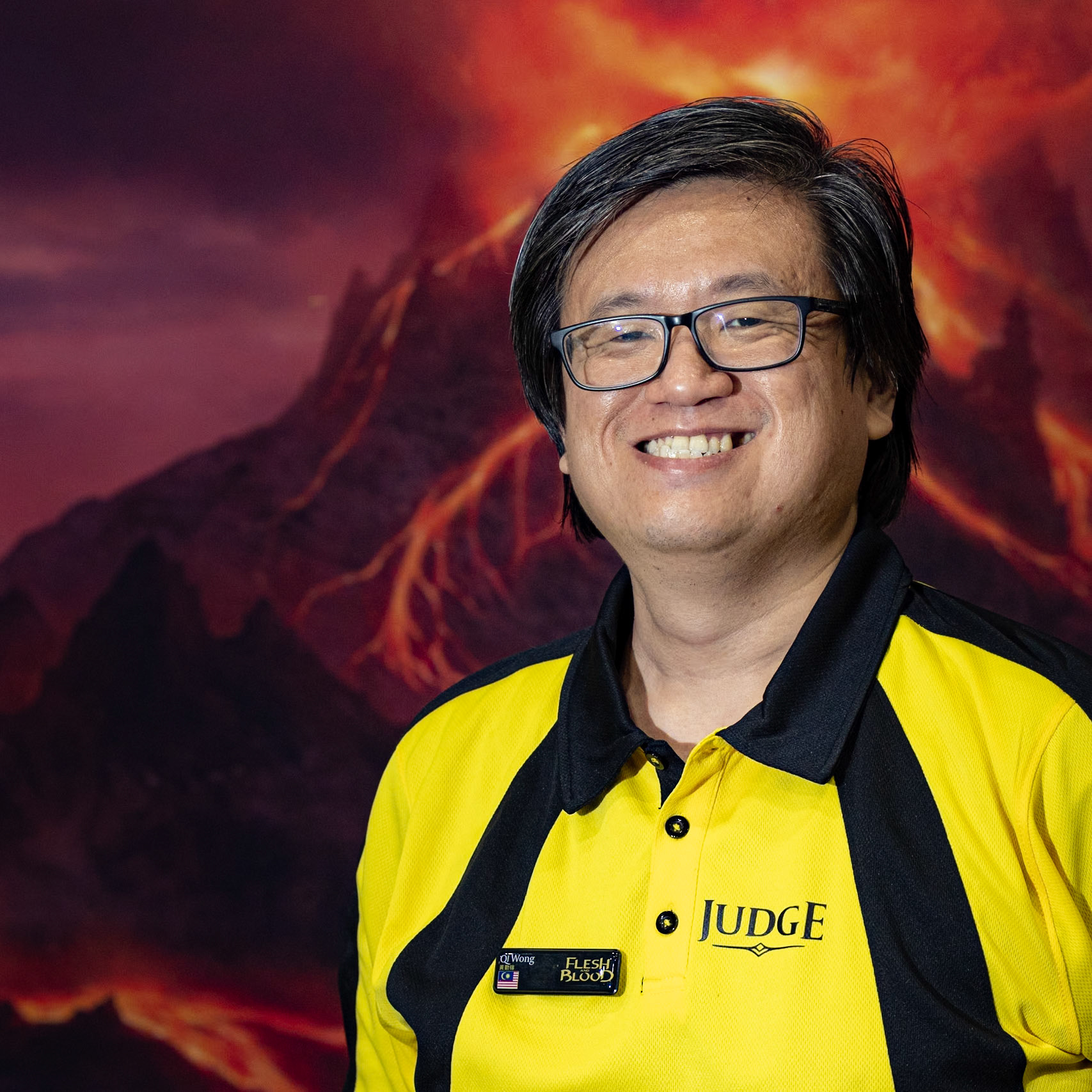
Lifelong Gamer, Judge, Store Owner, Tournament Organizer. I have been involved in the TCG industry in all sorts of roles for over 20 years.
View all posts
